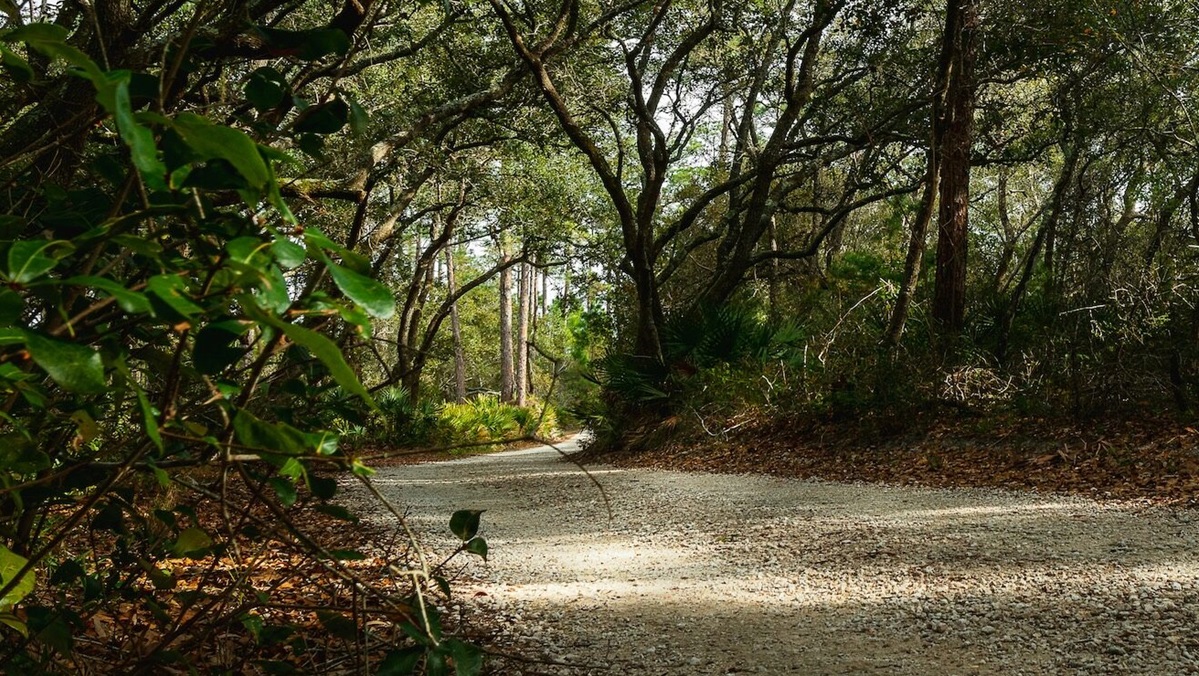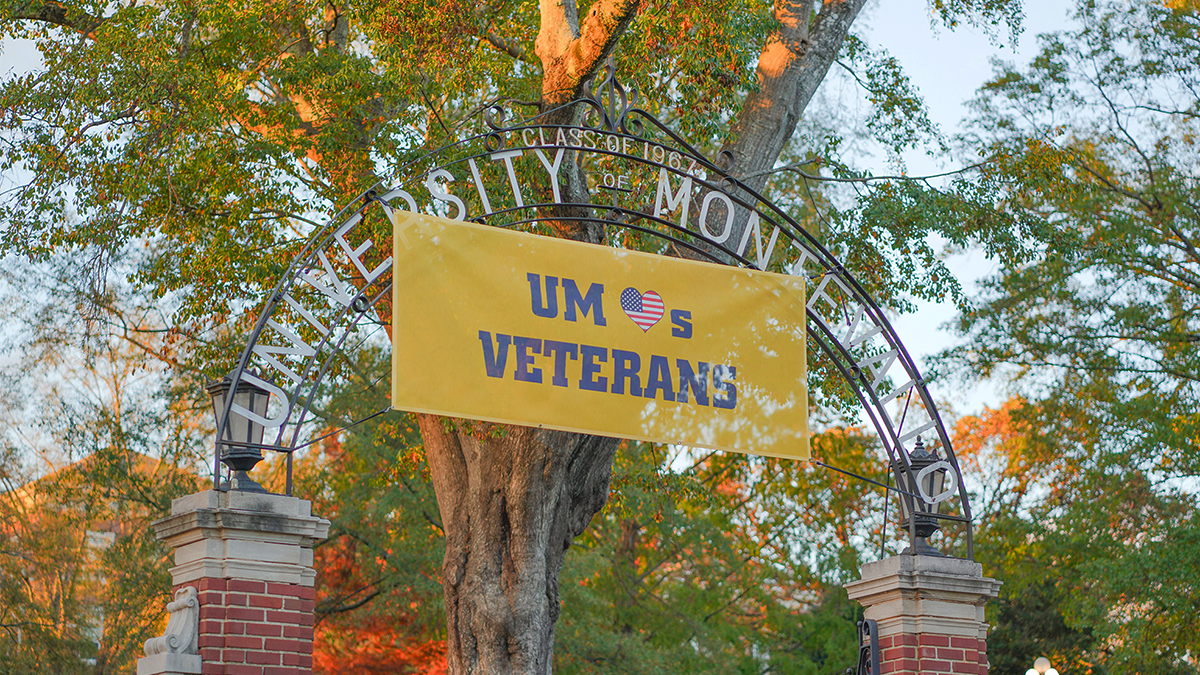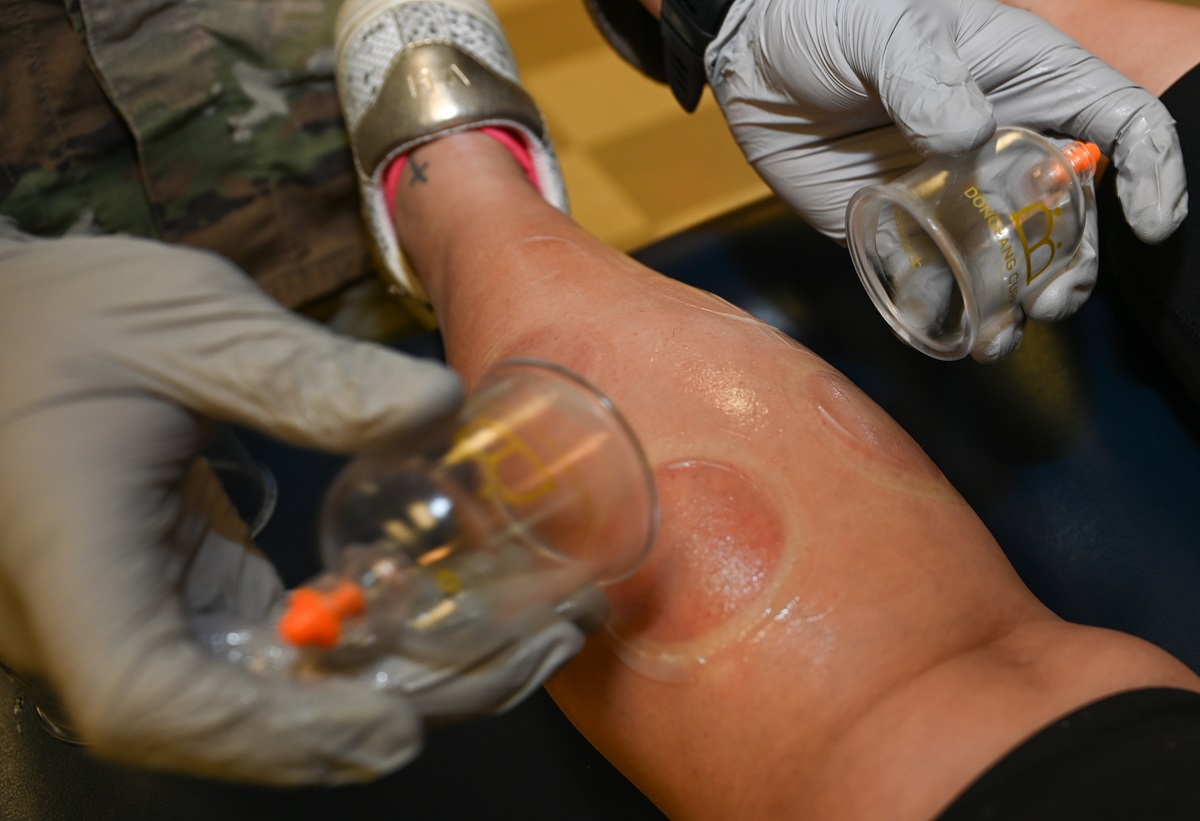Temple Beth El in Birmingham, Alabama, opens Civil Rights Experience to build stronger ties

In 1958 a bomb was planted outside Birmingham's Temple Beth El. Had it gone off, the temple and much of the city block would have been obliterated. (contributed)
Birmingham’s Temple Beth El is now booking tours for its Civil Rights Experience following an event that included the screening of a short film, a panel discussion, and a sampling of exhibits that will be part of the journey that will take visitors back to the height of the city’s human rights struggle.
The Civil Rights Experience explores Birmingham’s civil rights history through the lens of the Jewish community, to build connections and inspire acts of “Tikkun Olam,” which is Hebrew for “repairing the world.”
“Our goal has never been to rewrite the excellent civil rights histories that already exist in our city,” said Melissa Young, Ph.D., project historian and a history instructor at the University of Alabama at Birmingham.
“The idea is to search for meaning and healing in those events — to add a different lens to explore the Jewish community’s role in this vital piece of our city’s legacy. To foster dialogue and ongoing acts of Tikkun Olam.”
Beginning in the summer of 2020, leaders within the synagogue submitted a proposal for a program that explores ties between Birmingham’s Jewish and civil rights histories. “It was to be used as a framework for out-of-state and local visitors who were already interested in the temple’s — and the city’s — complicated pasts,” Young said.
With the support and input of many throughout the community, the project began to take on a life of its own, said Margaret Norman, director of programming and engagement at Temple Beth El.
“Three years later, it is beyond what either of us could have imagined at the time. It has truly become a community effort,” Young said.
As part of the buildout of the Civil Rights Experience, a robust collection of more than 2,000 books donated by the estate of Merle and Nissah Mattenson will form the core of a library and study space for research and education. The Mattensons were the son-in-law and daughter of Rabbi Abraham J. Mesch, who served as the temple’s rabbi during much of the civil rights era, from 1935 to 1962, when he died unexpectedly. Plans are underway to raise money to complete construction of the library.
Temple Beth El was established in Birmingham in 1907 and has worshipped on Highland Avenue since 1926. A historic marker outside the temple memorializes a 1958 event when an unexploded bomb was discovered targeting the sanctuary.
During the 1950s and ’60s, there was a period of upheaval in Birmingham as civil rights protesters challenged the city’s Jim Crow-era racial segregation laws. Many homes and sites tied to civil rights leaders were bombed by the Ku Klux Klan and other pro-segregation forces, earning Birmingham the notorious nickname “Bombingham.”
On April 28, 1958, 54 sticks of dynamite were placed outside Temple Beth El. The fuse that would have set off the package had gone out, possibly because it had rained. Others speculate the bomb was not intended to go off but to send a message to temple leaders. Had the bomb gone off, the temple and much of the city block would have been obliterated.
Last year, Temple Beth El dedicated a historic maker to commemorate the failed bomb attempt.
Although the case was never solved, many believe the planned bombing was an act of retaliation for Jewish involvement in the civil rights movement. Jews in the South experienced the sting of discrimination and attacks from the Ku Klux Klan.
The Civil Rights Experience is a 60- to 90-minute program that exposes visitors to the historic synagogue and the intersection of Birmingham’s Jewish and civil rights histories. The interactive program offers participants an opportunity not only to learn, but to engage and reflect. The docent-led tour includes a film, audio storytelling and an interactive activity recommended for both adults and youth (grades 6 and up). The Alabama Power Foundation is among the supporters of the Civil Rights Experience.
Temple Beth El welcomes visiting groups to the Civil Rights Experience by appointment. For more information, visit templebeth-el.net/cre.

This article originally appeared in The Birmingham Times.









